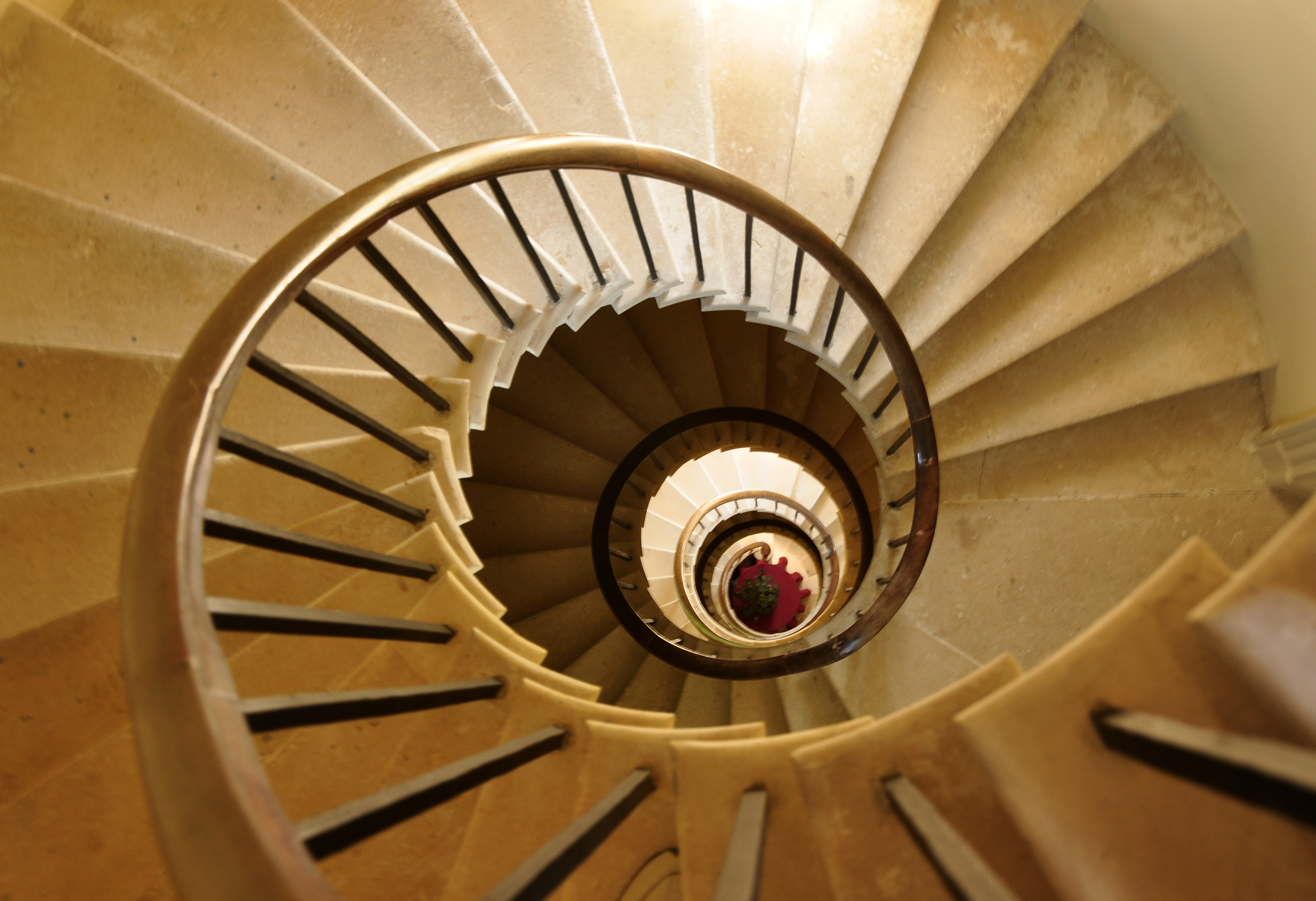Jet lag is a pain for every traveler. For diplomats and leaders it can be a killer. The effects of jet lag can impair leaders, diplomats and the negotiations they are engaged in.
In this article, published by The Washingotn Post, Dan Caldwell and William G. Hocking give us some examples of well-known leaders who suffered from the effects of jet lag.
This is the story of Secretary of State J.F.Dulles. In 1956 he agreed to provide Egypt with economic aid to build the Aswan dam. After a long return flight to the USA, he found out that Egypt had bought weapons from the Soviet Union. Therefore, he immediately decided to cancel the agreement just signed. Years later, Dulles regretted this decision and affirmed that it was due to the effects of jet lag.
The article indicates other anectodes involving leaders such as J. H.W. Bush, H. Kissinger, H. Clinton.
Possible strategies to cope with jet lag are the use of melatonin, a substance that helps sinchronysing the cyrcadian system, or the use of sleeping pills, as many leaders admit to do.
Another alternative for the Gouvernments could be the return to residential diplomacy, that means relying more on their diplomats posted in the foreign countries.
Read here the full article
Image source: commons.wikimedia.org
